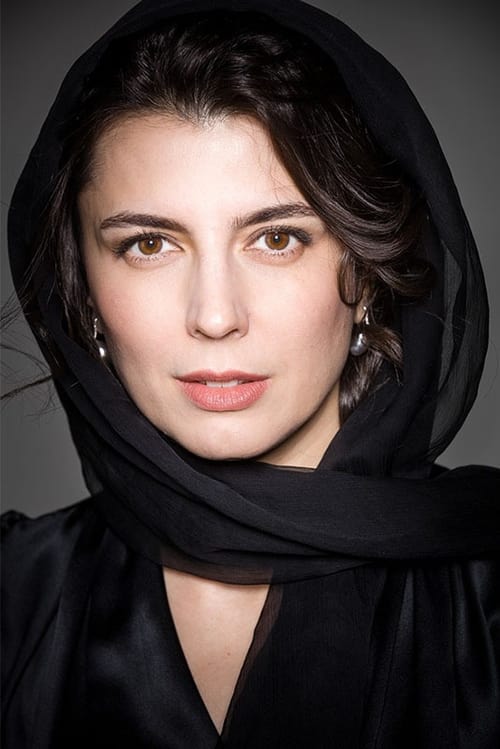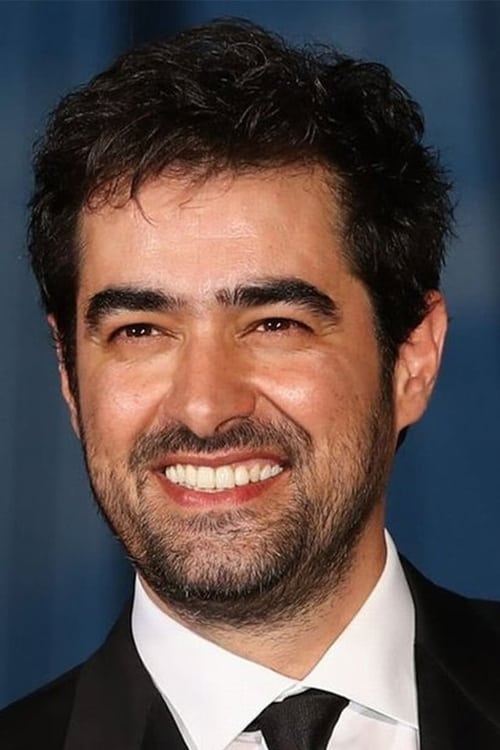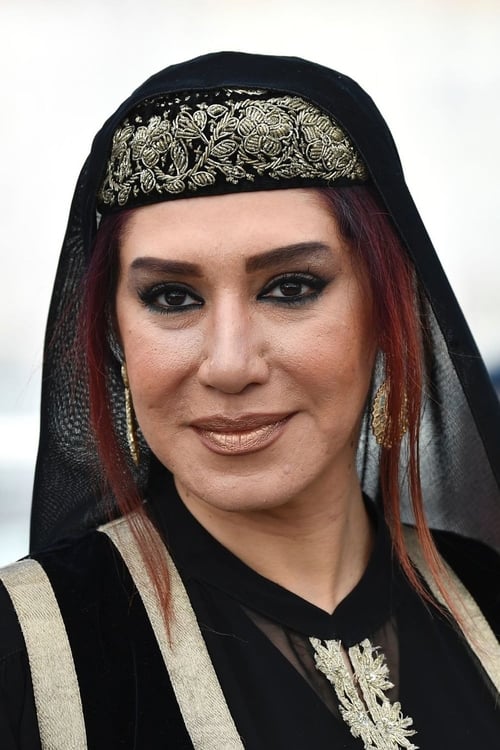Time to Love (2014)
Género : Drama
Tiempo de ejecución : 1H 40M
Director : Alireza Raisian
Escritor : Roya Mohaghegh
Sinopsis
Bita (Hatami), a successful lawyer specializing in championing the cause of women’s rights in divorce cases, is blind to the trouble brewing in her own marriage. A snatch of gossip and a problem client with an unwanted pregnancy unexpectedly bring Bita’s problems home. (Gene Siskel Film Center)

Dos personas entran en conflicto a causa de la propiedad de una casa en el norte de California. Para Kathy Nicolo, es no sólo la casa de su infancia, sino también la última esperanza que le queda para reintegrarse a una vida que casi pierde por su adicción a las drogas. Cuando recibe una orden de desahucio por impago de impuestos, se queda en la calle y no puede impedir que la casa sea vendida a un precio irrisorio. Para el nuevo propietario, Massoud Amir Behrani, la casa es la plasmación del sueño americano que lleva persiguiendo desde que salió de Irán con toda su familia. Antiguo coronel de las Fuerzas Aéreas iraníes, Behrani se ha visto obligado a trabajar en empleos muy modestos para poder mantener las apariencias. Ahora ha invertido hasta el último céntimo en la compra de la casa que, por fin, devolverá a su familia su antigua prosperidad.
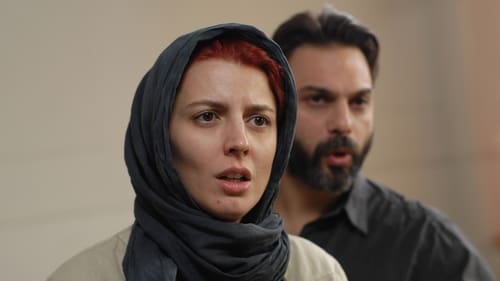
Nader (Peyman Moaadi) y Simin (Leila Hatami) son un matrimonio iraní con una hija. Simin quiere abandonar Irán en busca de una vida mejor, pero Nader, que desea quedarse para cuidar a su padre, que tiene Alzheimer, le pide el divorcio. Como no lo consigue, se muda a vivir con sus padres y contrata a una mujer para que le ayude a cuidar a su padre. Un día, al llegar a casa, encuentra al anciano atado a la cama; a partir de ese momento, su vida dará un vuelco.
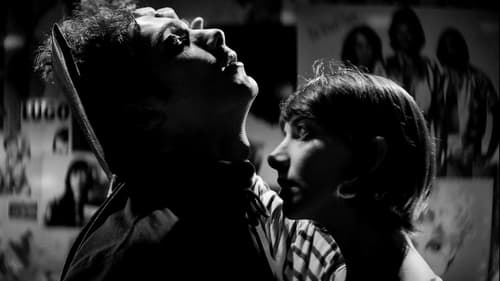
En la ciudad iraní de Bad City puede pasar cualquier cosa. En medio de un abanico de personajes marginales, un vampiro vaga en busca de sangre. Al western vampírico se le suma un romance teñido de sangre. A Girl Walks Home Alone at Night combina géneros y estilos: invoca el western, la fascinación propia de Lynch, el terror y las novelas gráficas. (FILMAFFINITY)

Kurdish-Iranian poet Sahel has just been released from a thirty-year prison sentence in Iran. Now the one thing keeping him going is the thought of finding his wife, who thinks he's been dead for over twenty years.
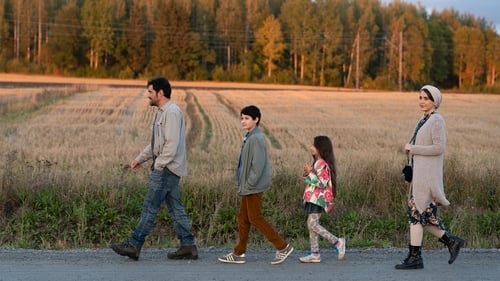
Bahman, Mahtab, Ramin and Donya Mehdipour are enjoying a perfect summer in a small Finnish town. Their routines are fractured by a negative decision on their application for asylum by the Finnish Immigration Service. But life must go on and the 13-year-old Ramin is about to enter an entirely new school, junior high. The Mehdipours use their last chance to appeal but continue their everyday lives, fuelled by their exceptionally positive outlook and attitude.

A 15-year-old Somalian boy meets a 40-year-old Iranian man in a refugee camp in Skåne, in the south of Sweden. With the threat of deportation hanging over them, they decide to take their faiths in their own hands and together they go on a journey in the Swedish summer.

Hamid and Mahin are husband and wife and are traveling to the north by their car. But in the way they have an accident with a rural woman. Unlike his wife's disagreement Hamid decides to escape the scene and lives the woman to die but it is only the beginning of his troubles.

Maryam (Negar Javaherian) and Reza (Shahab Hosseini) are different from other people, it's not just a simple difference, but a very big difference. They must try to prove to others they have solved the big difference with the miracle of love ...

The advocate for a young Iranian refugee held in detention. Amir Ali claims to be an Iranian student persecuted by the government but the Department of Immigration dispute his identity. When Julia meets Amir, he is severely depressed and close to deportation. Julia throws herself obsessively into Amir's case, causing friction between Julia and her husband, Peter. Julia eventually frees Amir and the young Iranian man moves in with Peter and Julia. As Julia helps Amir adjust to ordinary life, she finds herself increasingly attracted to this handsome, damaged young man. But she also starts to see the subtle cracks in Amir's story. Is he really who he claims he is? Or does he have a darker, more dangerous history?

A sensation when released in 1999 in Iran, Two Women charts the lives of two promising architecture students over the course of the first turbulent years of the Islamic Republic. Tahimine Milani creates this scathing portrait of those traditions - aided by official indifference - which conspire to trap women and stop them from realizing their full potential; the inclusion of frank depictions of domestic violence was hailed by many as a breakthrough in dealing with a long taboo subject.

This twisted Iranian narrative follows a mysterious couple from Tehran as they distribute large bags of money in an impoverished mountain border town. Beginning as a black comedy, the film's mood transforms as the games played by Kaveh (director Mani Haghighi) and Leyla (Taraneh Alidoosti) become increasingly perverse, as they find inventive ways of humiliating the recipients of the cash. The immorality of the central characters is at times sickening, and their chain of lies is often as puzzling to us as they are to the townsfolk depicted onscreen. What is the relationship between the pair and why are they giving away money to the needy? Modest Reception has no easy answers nor pat resolutions - instead Haghighi takes the viewer on an intriguing ride into the dark recesses of the human spirit.

Spanning 18 years in an Iranian women's prison, this follows two women: the new prison warden, a tough as nails devout Muslim who has served in the army on the Iraqi front, and a young midwife, Mitra, who is serving her sentence for killing her mother's abusive husband. In the early years, Mitra is repeatedly punished as the warden tries to break her. This includes punishment for delivering a baby in the prison cell while all of the prison staff has taken shelter during an Iraqi bombing. The warden's attitude starts to change after 8 years, when Mitra tries to protect a new inmate from rape at the hands of her older cellmates. When the baby comes back in 1991 as a 17 year old delinquent, Sepideh, the warden respects Mitra enough to protect the girl.

A young man steals a smuggler's goods and tries to sell them in a trip with his beloved to the border.

A man lives with his only daughter, doing everything he can to make a living for his daughter's sake. But a misunderstanding makes things complicated for him.

During the time of the Pahlavi Dynasty - the ruling House of Iran - the US President Richard Nixon is about to visit Tehran, but a violent armed opposing group intend to make their mark by planting a bomb in a public office in protest. However, in the middle of the terror plot a Muslim member of this group decides to confront his own peers on the nature of this act. An action-filled political treat that delves into themes of morality and protest.

Nahal is around thirty and in her fourth month of pregnancy. During a routine check-up she learns that her baby has died and she now faces a curettage abortion in two days’ time. When she tries to address the subject, neither her mother nor her husband give her a chance to speak.
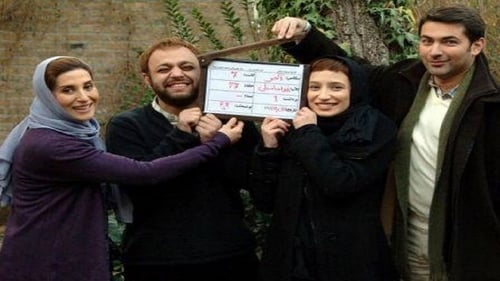
The story is about the world of a small family with familiar dreams and not so remarkable problems. The mother is trying to lead everything to save her family, but small events disarrange all her plans.

In the tenth year of marriage, Babak and Manizheh face the biggest challenge of their life. Financial problems and difficult social situation cause Babak to work very hard and this leads to a deep gap between him and his wife, in a way that Manizheh starts a new relation, the relation which leads her to addiction and immorality. On the verge of her complete collapse, she wakes up to the truth that she has lost her life.
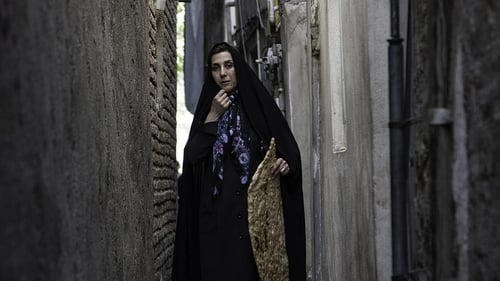
Award-winning Iranian filmmaker Rakshan Banietemad ends her eight-year hiatus from feature filmmaking with this ingenious, mosaic-like narrative, which knits together the stories of seven characters to create a microcosm of Iranian working-class society.

Youssef, a blind university professor, is suddenly diagnosed with a fatal disease and must undergo treatment in France. Back home, will he find the life he had before?

